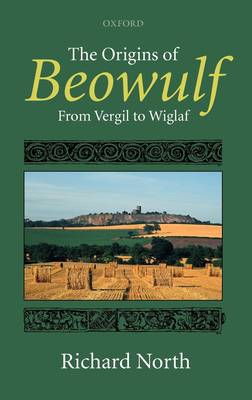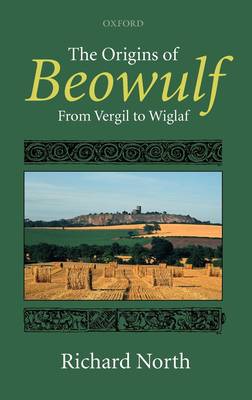
- Afhalen na 1 uur in een winkel met voorraad
- Gratis thuislevering in België vanaf € 30
- Ruim aanbod met 7 miljoen producten
- Afhalen na 1 uur in een winkel met voorraad
- Gratis thuislevering in België vanaf € 30
- Ruim aanbod met 7 miljoen producten
Zoeken
Omschrijving
This book suggests that the Old English epic Beowulf was composed in the winter of 826-7 as a requiem for King Beornwulf of Mercia on behalf of Wiglaf, the ealdorman who succeeded him. The place of composition is given as the minster of Breedon on the Hill in Leicestershire and the poet is named as the abbot, Eanmund. As well as pinpointing the poem's place and date of composition, Richard North raises some old questions relating to the poet's influences from Vergil and from living Danes. Norse analogues are discussed in order to identify how the poet changed his heroic sources while three episodes from Beowulf are shown to be reworked from passages in Vergil's Aeneid. One chapter assesses how the poem's Latin sources might correspond with what is known of Breedon's now-lost library while another seeks to explain Danish mythology in Beowulf by arguing that Breedon hosted a meeting with Danish Vikings in 809. This fascinating and challenging new study combines careful detective work with meticulous literary analysis to form a case that no future investigation will be able to ignore.
Specificaties
Betrokkenen
- Auteur(s):
- Uitgeverij:
Inhoud
- Aantal bladzijden:
- 400
- Taal:
- Engels
Eigenschappen
- Productcode (EAN):
- 9780199206612
- Verschijningsdatum:
- 5/04/2007
- Uitvoering:
- Hardcover
- Formaat:
- Genaaid
- Afmetingen:
- 166 mm x 238 mm
- Gewicht:
- 712 g

Alleen bij Standaard Boekhandel
+ 412 punten op je klantenkaart van Standaard Boekhandel
Beoordelingen
We publiceren alleen reviews die voldoen aan de voorwaarden voor reviews. Bekijk onze voorwaarden voor reviews.











